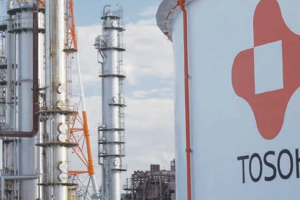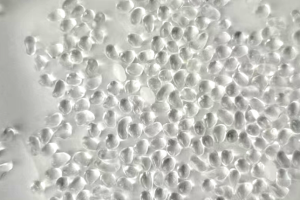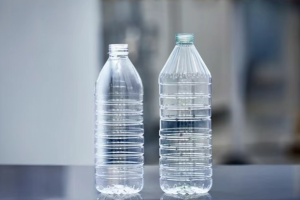May 15, 2025 – YuanTian Biotech Achieves Global Pioneer Status with GRS-Certified Bio-Enzymatic PET Recycling Breakthrough
YuanTian Biotech (Tianjin) Co., Ltd. has recently secured a landmark achievement in waste PET plastic regeneration, becoming the world’s first enterprise to earn Global Recycled Standard (GRS) certification (Certificate No. TRC-GRS-221954, valid until May 6, 2026) for its proprietary bio-enzymatic recycling technology. This milestone underscores YuanTian’s global leadership in eco-friendly technological innovation.

The GRS, established by Textile Exchange, a leading international authority, evaluates enterprises based on their use of recycled materials, environmental stewardship, and social responsibility. Achieving this certification requires companies to demonstrate top-tier international standards in production processes, waste management, and full-chain sustainability. YuanTian’s GRS accreditation serves as a testament to the efficacy of its bio-enzymatic recycling technology.
Since its founding in Tianjin Economic-Technological Development Area in 2022, YuanTian has focused on the R&D and commercialization of bio-enzymatic recycling for waste PET plastics. As the first company globally to pass GRS verification using bio-based circular technology, YuanTian has led over 30 research projects and secured 35 domestic and international invention patents. Its bio-enzymatic approach employs highly efficient, specialized PET-degrading enzymes to break down diverse waste PET materials—such as polyester fabrics, beverage bottles, and PET films—under normal temperature and pressure conditions, enabling infinite recycling without secondary pollution. The degraded waste PET is transformed into high-value recycled rb-PET, fostering a virtuous cycle within ecosystems.
Notably, YuanTian’s bio-enzymatic recycling technology not only replaces traditional energy-intensive and emission-heavy industrial processes but also reduces lifecycle carbon footprints by an estimated 60% through resource recycling. This breakthrough not only pioneers new pathways for waste PET regeneration but also significantly advances the green and sustainable development of the chemical industry.














